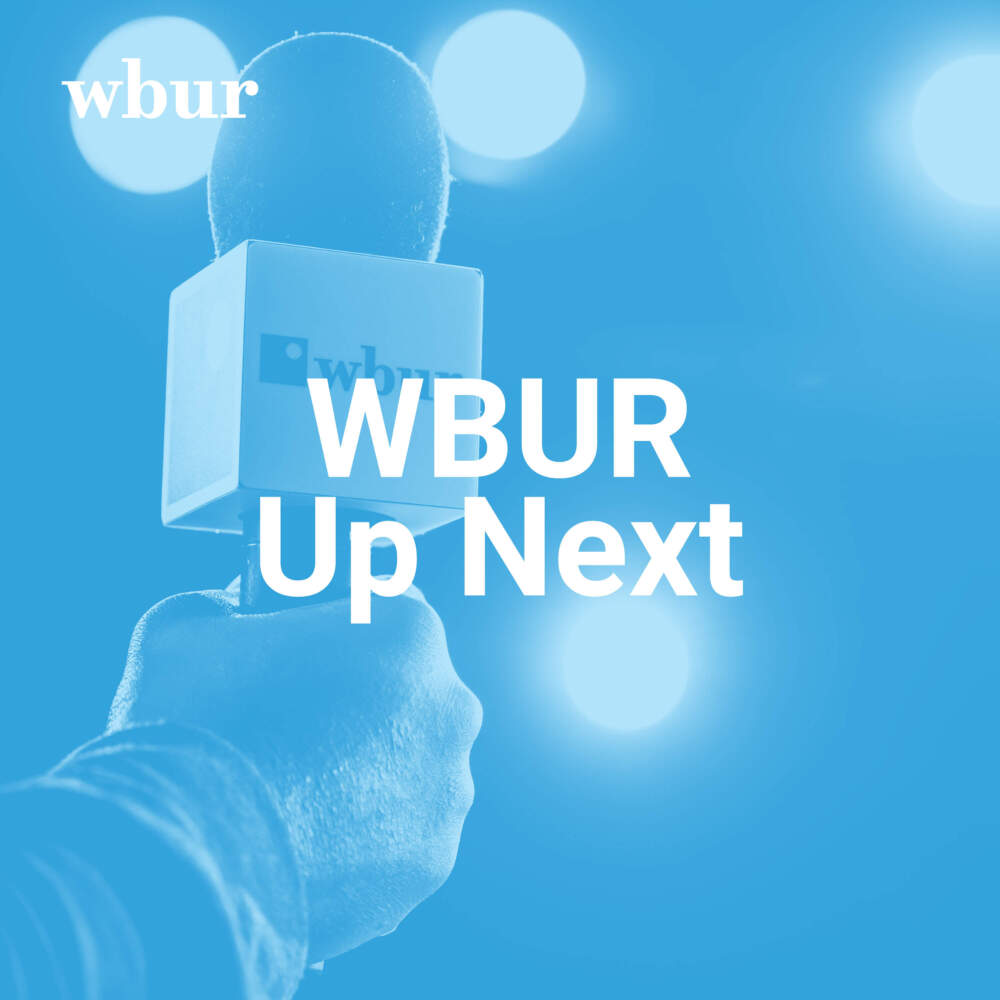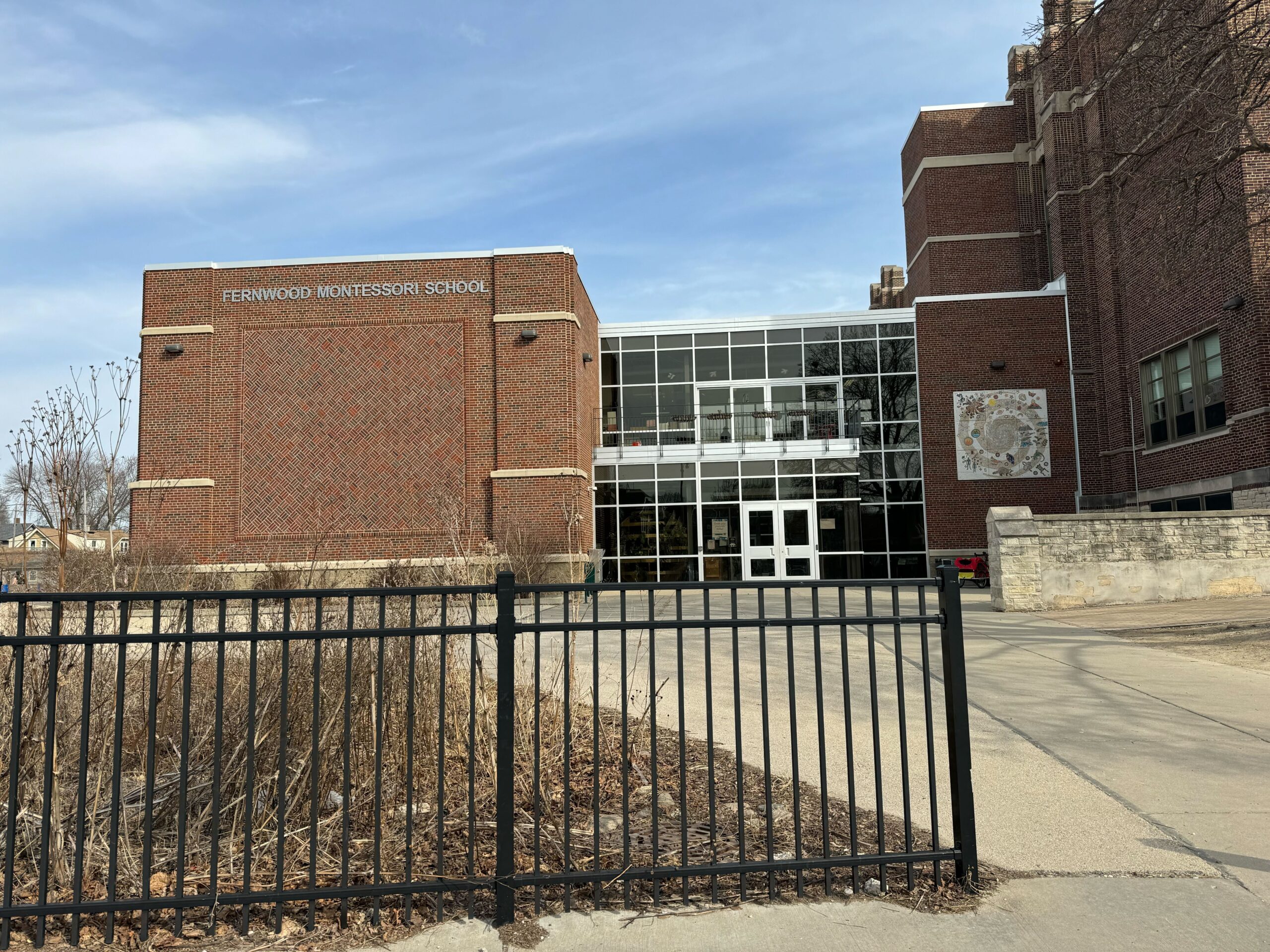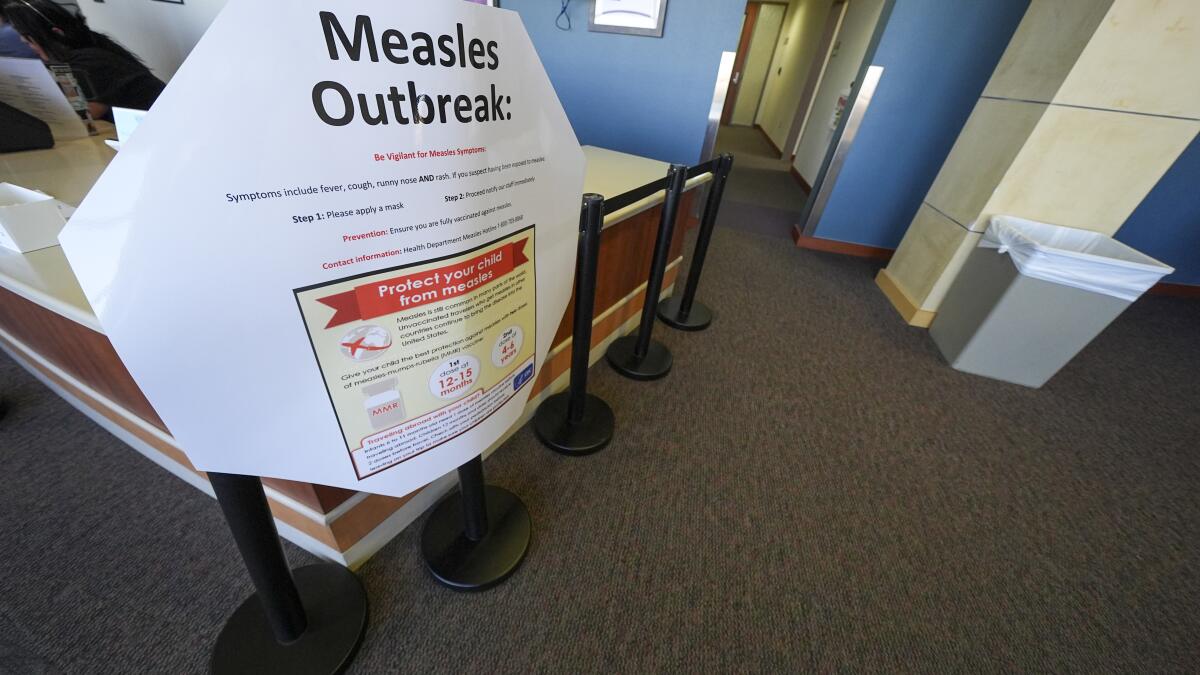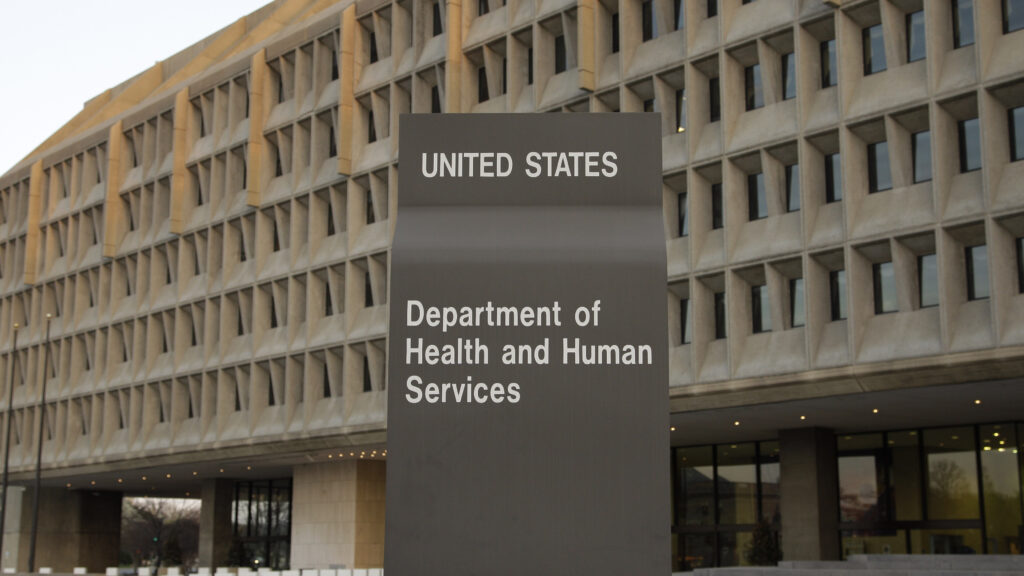Truth Seekers: How Social Media Influencers Are Becoming the New Health Myth Busters

In a groundbreaking study, researchers at Boston University have uncovered a promising strategy to combat the spread of health misinformation: partnering with social media influencers. The innovative approach aims to leverage the massive reach and credibility of online personalities to disseminate accurate health information and counteract the tide of misleading medical claims that often go viral.
The research team explored how influential content creators can play a crucial role in promoting public health awareness by sharing scientifically-backed medical advice. By collaborating with trusted social media figures, they hope to cut through the noise of online health myths and provide audiences with reliable, evidence-based information that can potentially save lives and improve overall health literacy.
This approach recognizes the powerful impact that influencers have in shaping public opinion and spreading information across digital platforms. By strategically partnering with credible voices, health experts can more effectively reach and educate broader audiences, especially younger demographics who are most active on social media.








